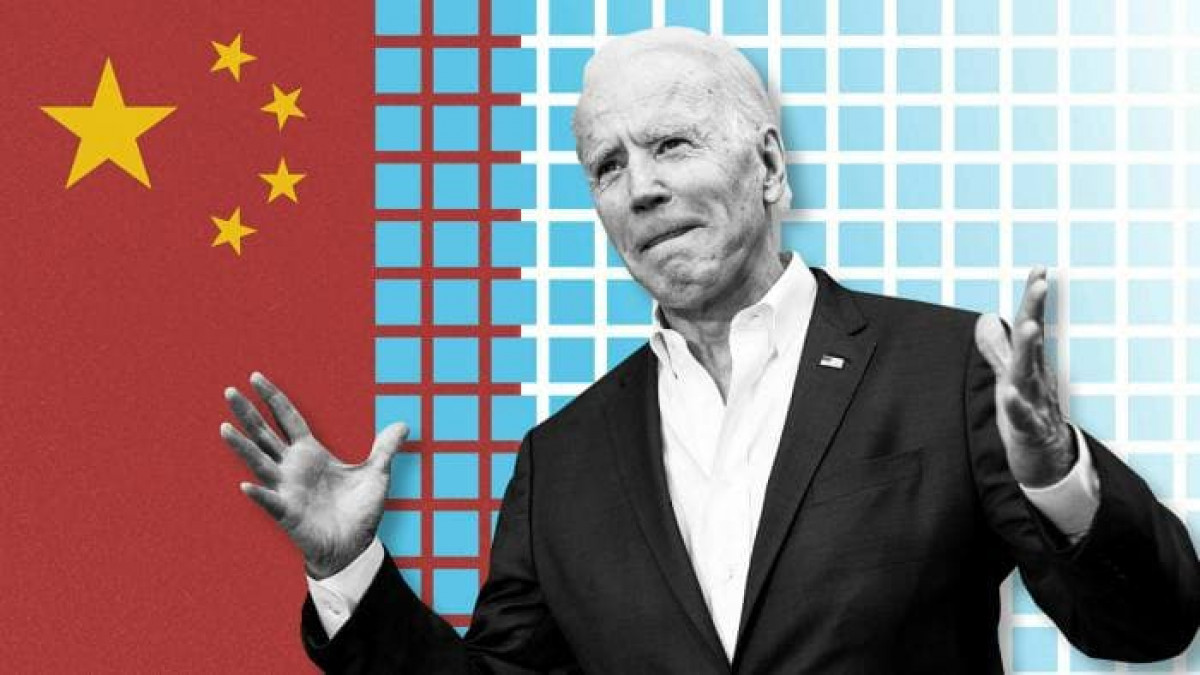 93
93
In April 2021, Joe Biden met with Japanese Prime Minister Yoshihide Suga in Washington, D.C., for the first time. Japan is the United States’ central partner in the Pacific. Biden phoned Suga after his inauguration to reassure him of Washington’s continued commitment to strategic Japan-US ties. Mr. Suga succeeded Shinzo Abe as Prime Minister in September 2020.
“We are dedicated to promoting and preserving our shared values, including human rights and the rule of law, as well as the need to resolve maritime disputes,” Biden highlighted during a joint press conference with Yoshihide Suga. At the two leaders’ meeting, Biden pointed to the two nations’ resolve to cooperate in the face of the “China Challenge.” American officials have also stated that the US will protect Japan’s security by all available means, including nuclear weapons. According to the Chinese envoy to Washington, the joint US-Japanese statement was detrimental to Asia-Pacific peace and stability and an obstacle to the two countries’ diplomatic relations. The relationship with Japan will continue to be a priority for the White House as Biden outlines his strategy for impeding China’s worldwide growth. According to analysts, the primary reason Suga was chosen as the first foreign leader to meet with Biden was the deterioration of the US-China conflict. During a joint press conference with Yoshihide Suga, President Biden said, “We are committed to promoting and maintaining our shared values, including human rights and the rule of law, as well as the need to solve conflicts at sea.” In its closing days, the previous American administration lifted all limitations on US-Taiwan relations that had been in place for decades. The Biden administration has gone above and beyond the Trump administration in its support for Taiwan, asking the Taiwanese government to send to the United States an ambassador for the first time since 1979. Domestically, China’s rapid economic development has resulted in spectacular developments in education, scientific research, technology, and military strength, a reality that scares Americans. Moreover, Beijing has been striving to establish a China-centric security and economic framework throughout Eurasia and the Indian Ocean in recent years. Beijing’s strategy of flexing muscles in the South and East China Seas is a clear indication of China’s threatening military strength. Today, American observers are concerned about the looming prospect of Chinese military action against the autonomous island of Taiwan. Last summer’s American military drills in the South China Sea and the subsequent Chinese hostile reaction manifested how strategic disagreements may escalate into armed confrontations in the Pacific.
On the other hand, the global economy was shaken last year by an unprecedented financial crisis due to the COVID-19 pandemic, but China was the only nation in the world to experience positive economic growth during the ongoing crisis. The impact of the COVID-19 crisis on the American economy has increased unemployment and poverty rates and has exacerbated the GDP gap between China and the United States.
Hence, China, according to Americans, is the most menacing long-term challenge to the United States and its allies. In fact, Biden views China’s fast growth as a threat to its world hegemony. Traditional allies like Japan and Taiwan are indispensable to the Biden administration’s strategy for containing China. Japan has been adopting multi-faceted regional strategies, promoting free trade agreements and multilateral cooperation, and using new means to boost anti-China policies in the Pacific. Biden’s approach comes at a time when Trump’s aggressive methods vis-à-vis China have yielded no tangible outcomes for Americans over the past four years, rather generating the worst diplomatic rift between Washington and Beijing in decades. The United States exploits China’s alleged human rights abuses and its role in the Myanmar coup d’etat and false accusations of persecution of the Uyghur ethnic minority by Chinese authorities to exert pressure on Beijing. Biden’s belligerent rhetoric is likely to exacerbate relations between China and the United States in the near future.
Comment
Post a comment for this article